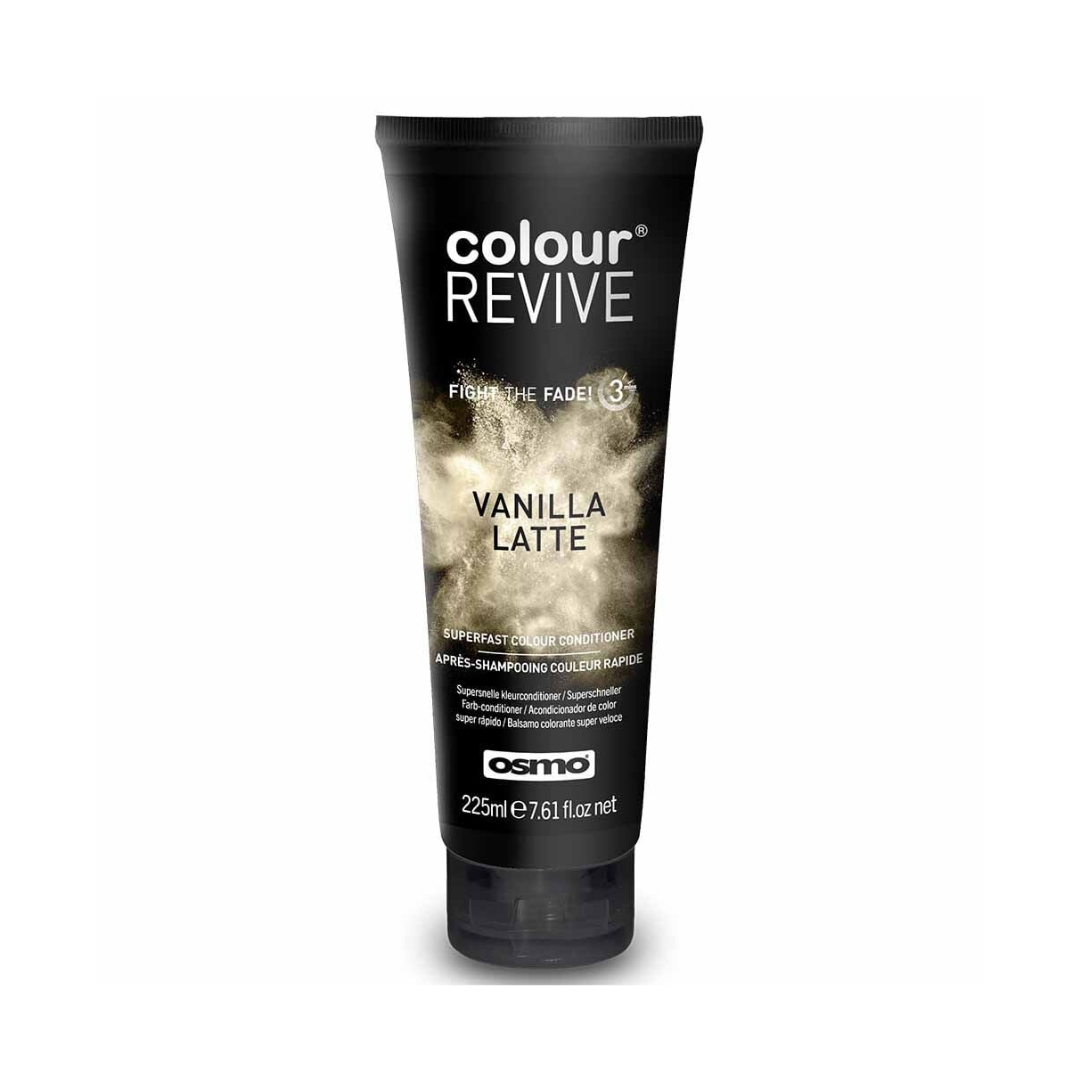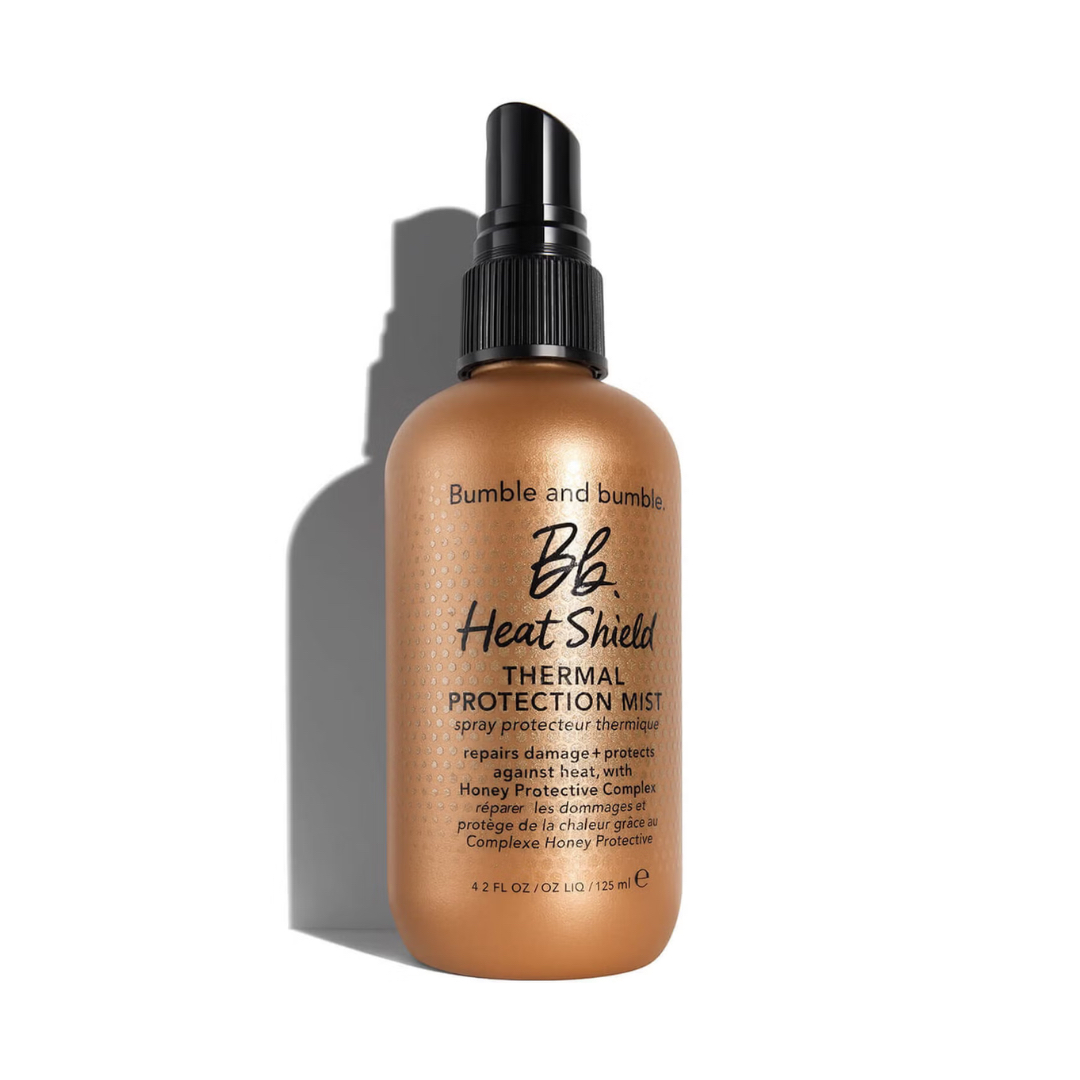6 things to know before going blonde, according to a hair colour expert
The need-to-know guide to going blonde, according to the experts
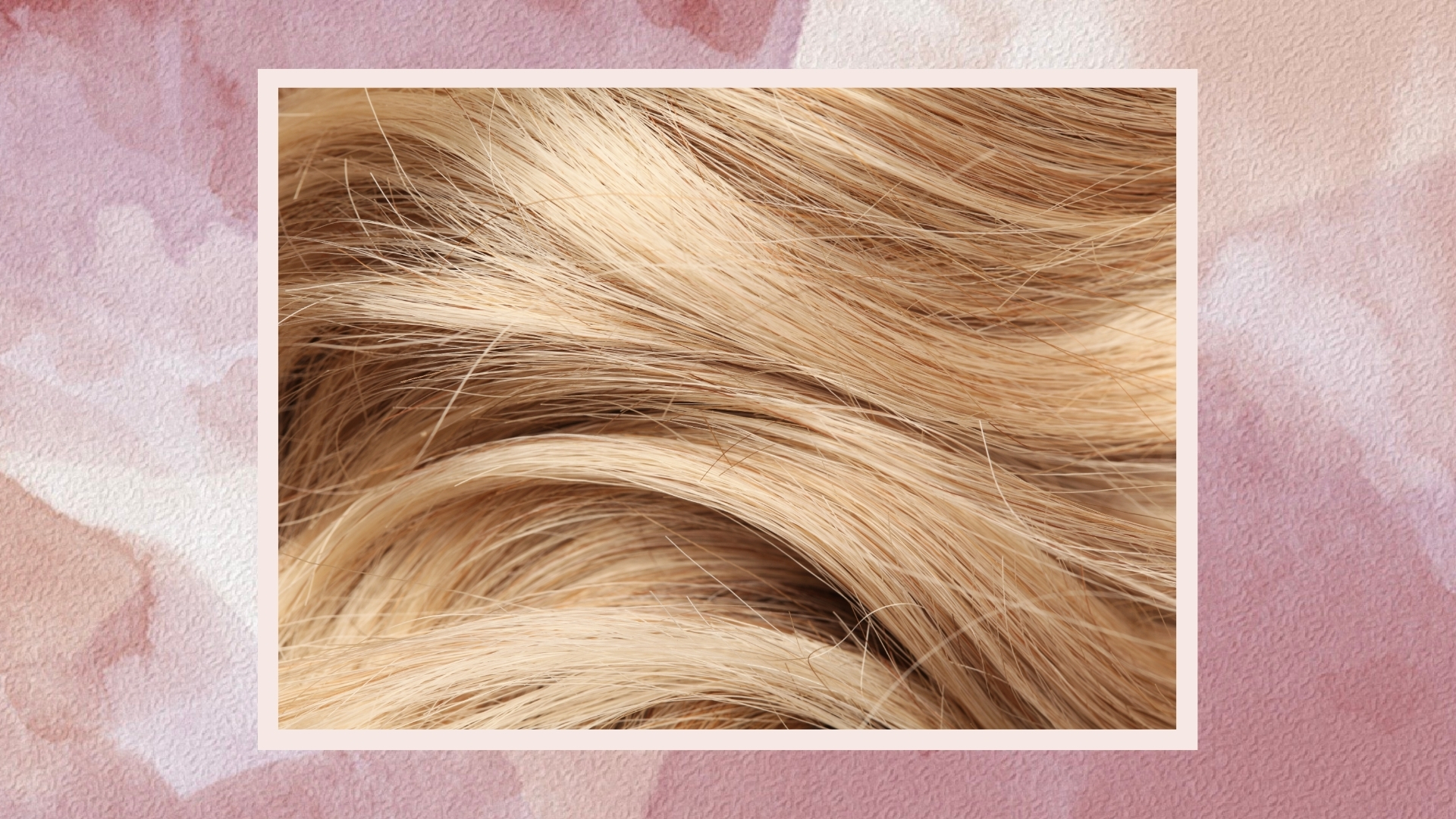
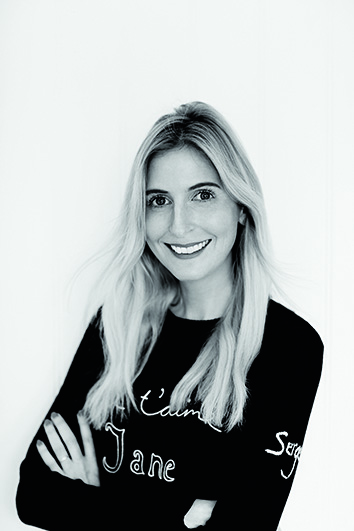
Being blonde has never just been about hair colour. Like a swipe of red lipstick, it has the power to empower. It’s not just about the cliché connotations of objectification – glamour, sex, desire – most blondes you meet have it well and truly sussed, as well as owning the aforementioned qualities. Thinking about it, I don’t know many natural blondes, but I can imagine they must feel pretty smug about it; the majority of us, myself included, have to hit the bottle to achieve such golden status.
Up until my late teens, my hair was a glorious honey-hued colour, but for whatever reason it started to dull to a mousy, nothingy shade that, honestly, made me feel pretty rotten. There used to be a product called Sun-In "to lighten your hair and give it an extra shine," but with ingredients such as parabens and alcohol, as you can imagine it did anything but. So I saved up and went to my local salon for highlights. These were created by pulling tiny strands of hair through holes in a kind of bald cap that sat snuggly on your head. The result was stripy blonde. But it was the 90s and I was "cool" again. Thankfully, colouring techniques are a lot more sophisticated today (and there are many blonde hair ideas to choose from).
I’ve learnt that, for me personally, being blonde can make you feel lighter, both literally and figuratively – but there were quite a few ups and downs before I reached the perfect blonde. So, what should you consider before lightening up and which shade of blonde is right for you? With the help of hairstylist and colour expert Jonathan Andrew, salon founder and global brand ambassador for Fudge Professional, this guide covers everything you should know before going blonde.
How to go blonde: 6 things to know before you take the plunge
1. Make sure your hair is as healthy as possible
During the lead-up to colouring, spend a few weeks getting your hair in good health. “Leading up to going blonde, it’s best that your hair is in its optimum condition,” Jonathan tells me.
“Have a trim prior to the change so any split ends are removed and treat your hair to once or twice weekly intensive conditioners to get the hair strong and ready to take the colour change.” If you take these steps and then use the correct products and aftercare, there is no reason why your hair can’t stay healthy.
2. Consider your natural hair colour
Any hair colour can go blonde, it’s more about the process and being aware of the time it may take as a result. “The darker the natural hair, the longer the process," says Jonathan. "You need to look at doing it in stages to ensure you protect the hair, too."
So if you are naturally dark-haired and see yourself as a platinum blonde, be prepared for a process and appointments that will be stretched out over a period of time to achieve the desired shade and to maintain condition.
Sign up for the woman&home newsletter
Sign up to our free daily email for the latest royal and entertainment news, interesting opinion, expert advice on styling and beauty trends, and no-nonsense guides to the health and wellness questions you want answered.
“Natural redheads lift easily to beautiful tones of blonde – again, depending on the desired shade, a series of appointments may be needed,” Jonathan continues. “Afro hair can be very fragile, so taking care when colouring is crucial. Your stylist should lighten hair gradually and toning it will help achieve the desired shade.”
3. Remember that blonde is not one-size-fits-all
Some shades of blonde particularly compliment certain skin tones. “Cool skin tones with pink or blue undertones suit cool and white blonde finishes – think ash, beige, and baby or icy tones," says Jonathan. "Warmer skin tones, such as olive, medium and darker, suit yellow or warm golden shades – think honey, caramel, warm golden blondes."
The one thing that I’ve learnt is to always, always have a photo reference of the type of blonde you’re hoping to be, either from social media, a magazine, online, or even past photos. You may think of platinum as icy white, however your stylist may have a different opinion to what that is and have to alter the tones to suit you. "Your colourist can chat through your desired shade and will help manage expectations on the time it’ll take, the aftercare process and return salon visits for maintenance,” Jonathan confirms.
4. Consider the technique as well as colour
Blonde hair can be achieved through several different colouring techniques, such as highlights and balayage, each with different looks and levels of commitment.
- Balayage is a "sweep on" hair lightener that creates highlights using a free-hand painting technique to keep it soft with natural graduation towards the ends. It’s painted in random sections to give a very natural, sun kissed feel.
- Ombré is graduated colour that gets lighter towards the ends. The colour kind of merges from a brown or dark blonde all the way down to a bright blonde, mimicking where the sun would naturally "kiss" and lift the ends of your hair.
- All-over colour is just that, an all-over blonde from root to tip. As this is a solid colour, your roots will be noticeable soonest with this technique (because of the disparity in colour), although this is dependent on your base colour and natural lightness or darkness.
- Highlights is the incorporation of lighter pieces of hair, enhancing it with tones placed closer to the scalp in specific sections and lightening the hair from the roots to the ends, adding depth and colour dimension to a darker base.
“If you want a very 'California girl', natural-looking blonde, then balayage is for you,” says Jonathan. “A bold, single colour from root to tip is for those who are happy for monthly root touch-ups and want a bold solid colour."
A half or full head of highlights are probably the most popular methods for consumers making the transition to blonde – that’s where it all started for me.
5. You'll need to upgrade your haircare routine
Once you've invested in your fresh new blonde hue, you'll no doubt want to keep it looking that way for as long as possible. “If you’re spending time and money visiting a professional colourist, it’s also important that you invest in the right care products when you leave the salon, too,” Jonathan stresses.
"Professional shampoos and conditioners for blonde hair have been formulated with ingredients to help keep your blonde salon fresh for longer." It makes sense to invest in the following.
- Colour-correcting products: The best purple shampoos and conditioners are ideal to knock out any yellow undertones that may develop in blonde hair after a few weeks. Golden shampoos are ideal for those looking to keep their blonde warmer between salon visits.
- Repairing products: Regular weekly deep-conditioning masks and treatments are a must for any blondes to ensure hair is kept hydrated, moisturised and nourished. Colouring your hair can make it porous and prone to dryness.
- Heat protection: Try to limit your use of heat styling tools and air dry when you can. But if you do use them, ensure that you safeguard your hair with a heat protector to guard hair from damage caused by high temperatures.
- Treat with care: Blonde hair has a tendency to be more fragile, so it’s critical to handle it gently. Don’t pull or snag hair, especially when damp. Invest in a tool like the WetBrush Detangler which minimises tension and therefore helps prevent damage.
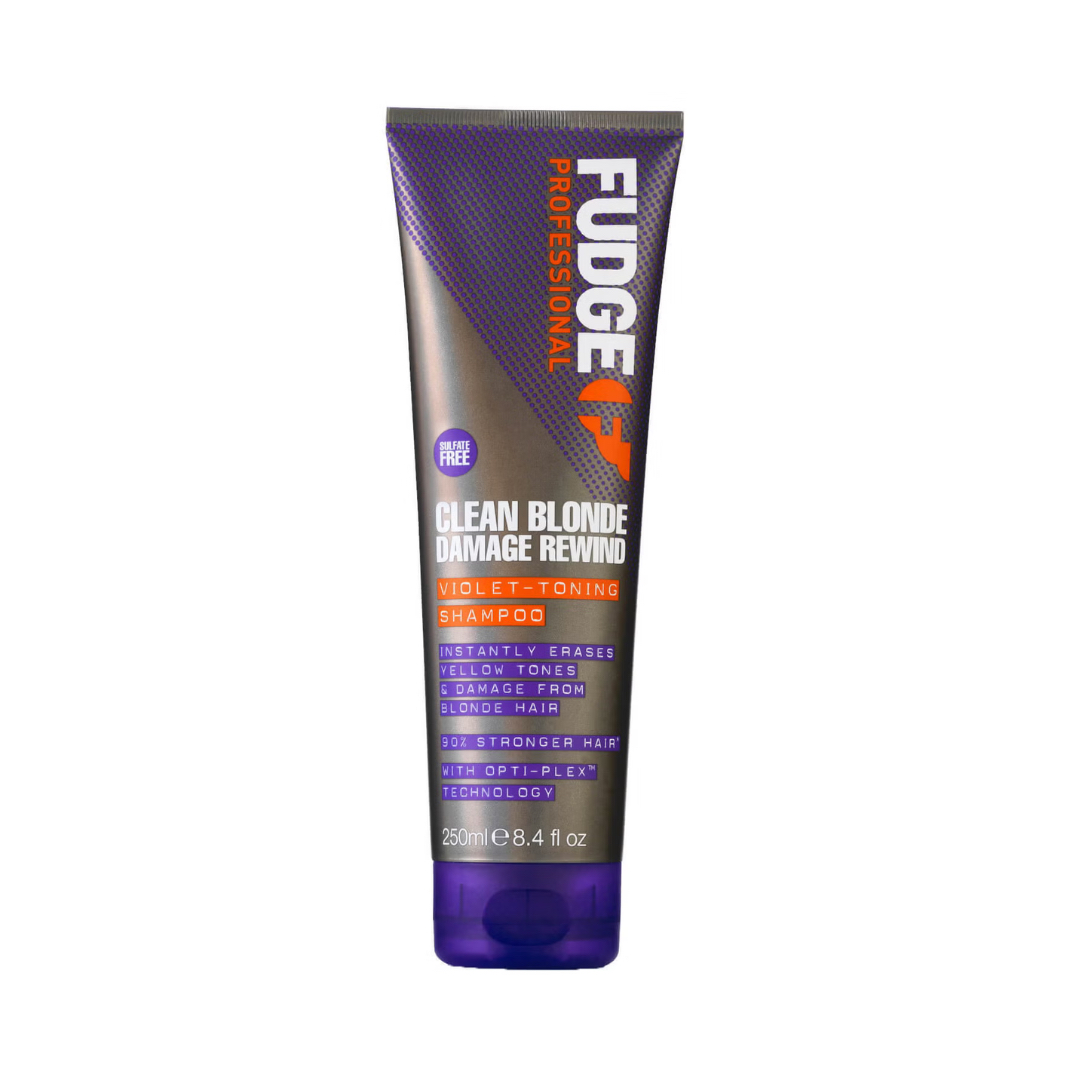
RRP: £15 for 250ml
An effective purple shampoo that is known for working brassiness out of hair sucessfully.
6. Know it's an investment
Yes, it’s time-consuming, yes, it’s a commitment and yes, it can be expensive; whether you get regular highlights, all-over colour or balayage, be prepared that being blonde will involve a new regular cost. Plus, you’ll need to invest in aftercare products to keep your lighter hue looking fresh, healthy and glossy, so be aware of this.
However, is it worth it? I’ve been a blonde – natural and bottled – for as long as I can remember and I can’t think of anything else I have committed to with such sheer force, my husband included.
Charley Williams-Howitt has over 20 years of experience working in the beauty industry. As well as previously writing for lifestyle titles, such as woman&home, Woman and Woman's Weekly, Charley has worked for British institutions like Marks and Spencer, John Lewis, and Superdrug creating visual and editorial content cross-platform. Starting her career in the fashion cupboard at Cosmopolitan magazine, she eventually escaped the piles of clothes to discover a world of makeup, moisturizers, and models.
